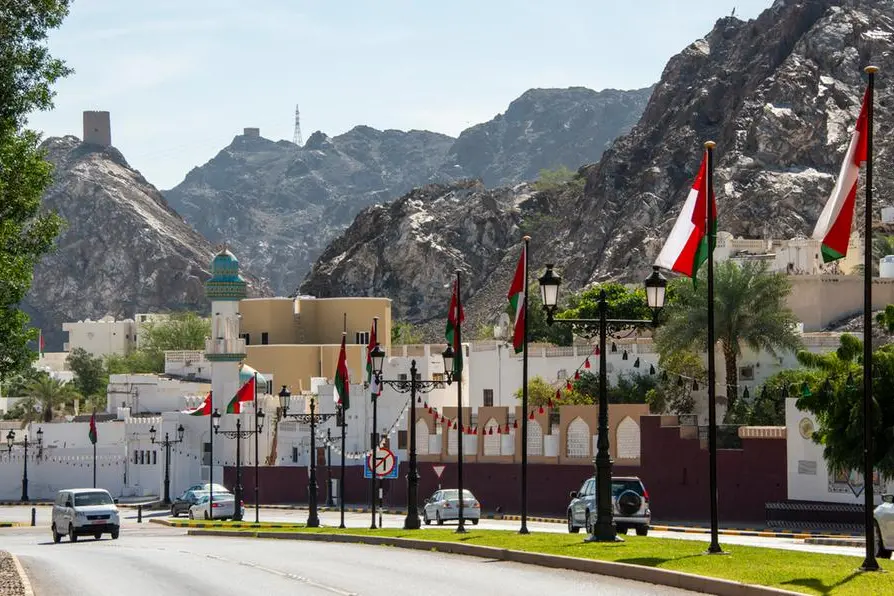PHOTO
MUSCAT: With Oman generating an estimated 5-6 million tonnes of marble waste annually, researchers have unveiled an innovative solution to transform this environmental burden into a valuable agricultural resource. A study presented at Oman Climate Week showcases a breakthrough in synthesising slow-release fertiliser capsules from marble waste, offering a sustainable and efficient approach to waste management.
Led by Balqees bint Nasser al Khayaliyah, Maiyar bint Ahmed al Jahwariyah and supervised by Dr Amal bint Salim al Rahbiyah of the University of Technology and Applied Sciences-Muscat, the research explores the conversion of marble waste into precipitated calcium carbonate (PCC). This high-purity compound has widespread industrial applications, from paper and coatings to food and pharmaceuticals. However, its potential in agriculture, particularly in fertilisers, stands out for its environmental and economic benefits. The global calcium carbonate market is expected to grow from 159.51 million tonnes in 2023 to 185.64 million tonnes by 2028, highlighting strong demand for innovative uses of PCC. By tapping into this opportunity, Oman could not only mitigate marble waste pollution but also establish itself as a key player in sustainable calcium carbonate production.
The researchers synthesised calcium carbonate using chemical and hydrothermal treatments. The chemical method involved extracting calcium chloride from marble waste with hydrochloric acid before converting it into calcium carbonate. Meanwhile, the hydrothermal process, which applies high temperature and pressure, produced purer and more uniform calcium carbonate crystals. The study found that the optimal conditions for hydrothermal treatment were 220°C with a 3M NaCH solution over four hours, yielding high-purity calcium carbonate suitable for agricultural applications.
The resulting fertiliser capsules provide a slow-release mechanism that prevents nutrient leaching and minimises environmental runoff, improving soil health. The capsules are made from biodegradable materials, ensuring sustainability while enhancing nutrient uptake and root development. This innovation also reduces the frequency of fertiliser application, making farming more efficient and cost-effective.
The successful transformation of marble waste into fertiliser encapsulates the principles of a circular economy — maximising resource efficiency while minimising environmental damage. By reducing reliance on synthetic fertilisers and harmful chemicals, this innovation paves the way for a more sustainable and resilient agricultural sector in Oman. With growing global demand for sustainable solutions, this research positions Oman at the forefront of green innovation, turning an environmental challenge into a strategic economic opportunity.
2022 © All right reserved for Oman Establishment for Press, Publication and Advertising (OEPPA) Provided by SyndiGate Media Inc. (Syndigate.info).





















